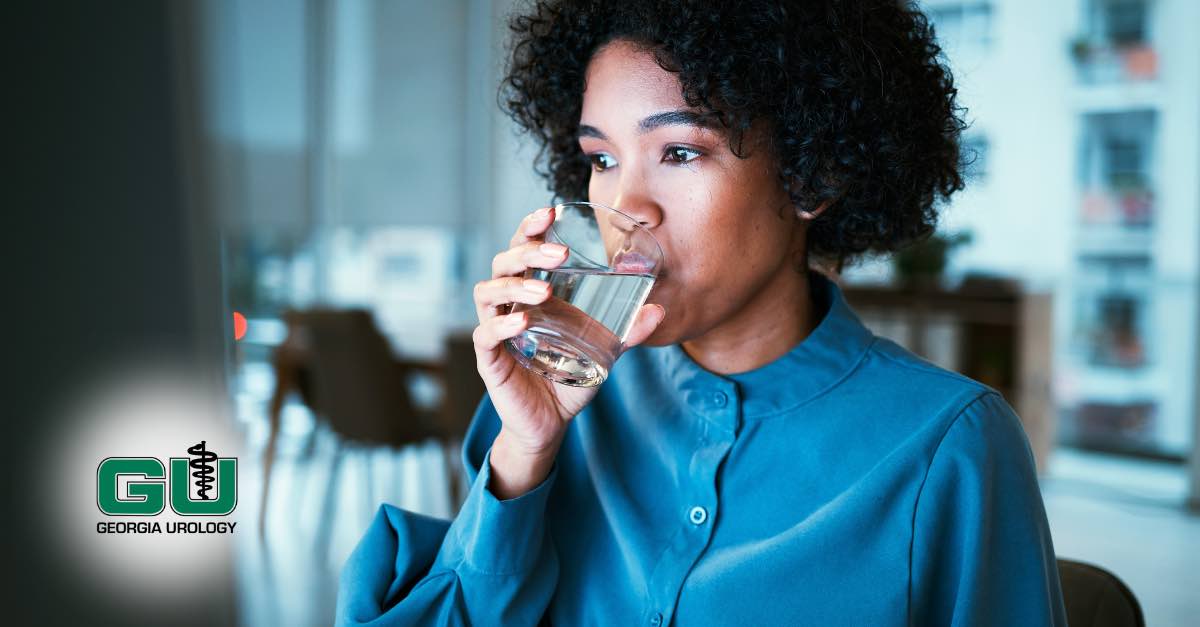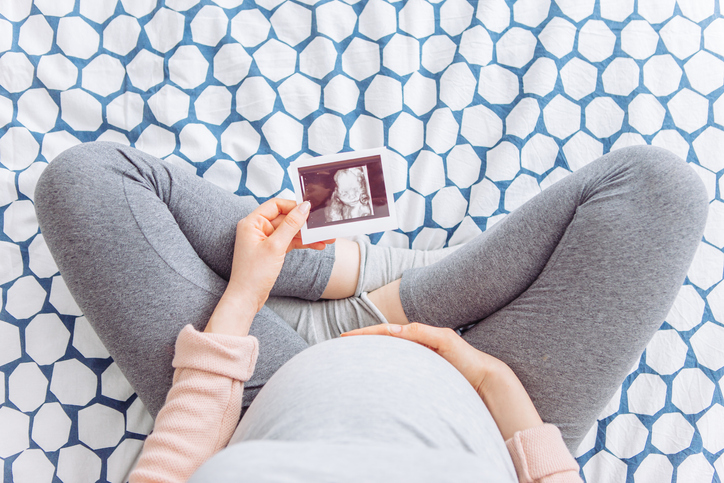Can Drinking Liquids at Night Increase Your Risk for Urologic Problems?
Are you having bladder problems? Are you wondering how can drinking liquids at night increase your risk for urologic problems? If so, you are one of over 13 million people of both sexes that do. Many of these problems can be resolved by seeing a physician who specializes in urology. One of the more common issues is urinary incontinence, or unwanted loss of control of the urinary tract. In most cases, this is a temporary issue caused by illness or another medical condition. Women and older adults are affected more often, but seeking help from a physician can often improve these problems with proper treatment. While it may be an embarrassing condition, it is treatable so don’t hesitate to ask for help.
Other bladder problems that can be diagnosed and treated by a urologist are hematuria, overactive bladder, and urinary tract infection. Many things, including coughing during the common cold, can cause urinary incontinence. Other causes include:
- Pregnancy
- Obesity
- Enlarged prostate
- Foods that irritate the bladder
- Injury
- Surgery
- Diseases of the central nervous system
Symptoms
Urinary incontinence has several symptoms that you may detect yourself. Those symptoms are: difficulty emptying the bladder, frequent urgent urination, and accidents. People who have this condition may refrain from activities to avoid embarrassment. These symptoms may come on slowly and not be detected immediately.
Drinking Before Bed
Incontinence during the nighttime cannot only be embarrassing, it can also cause a person to wake up and lose sleep. Our bodies generally concentrate urine during the night to allow for six to eight hours of sleep, but those who find themselves waking often at night to urinate can reduce this need with some evening preparation.
Limiting liquids after your evening meal will help reduce the need to urinate at night. Specific liquids and foods can be more irritating to your bladder, causing a frequent need for urination. These include the following:
- Caffeinated beverages such as coffee or tea
- Citrus juices
- Alcohol
- Cranberry juice
- Spicy foods
- Acidic foods such as tomatoes
- Chocolate
- Artificial sweeteners
Prevention Tips for Nighttime
You can also practice other activities to prepare for bed, which will help with incontinence during sleep. Urinating twice before bedtime can help. As you prepare for bed, urinate. Then finish your bedtime routine and then urinate right before sleep. Practicing Kegel exercises to strengthen the muscles around your bladder can also help. These exercises help to relax the bladder properly when urinating to completely empty it, reducing the number of times needed to urinate.
Have more questions about how can drinking liquids at night increase your risk for urologic problems? Make an appointment with Georgia Urology today to learn more about urinary incontinence and treatment options.



